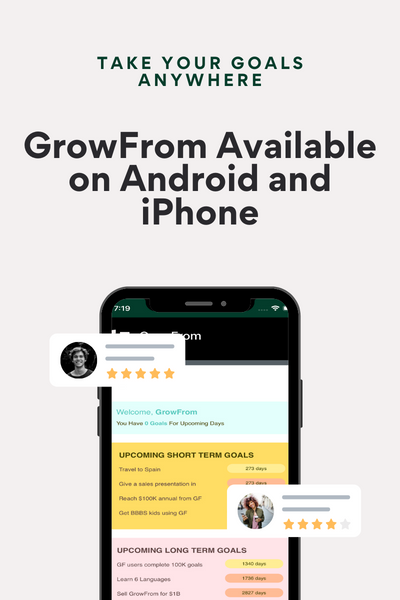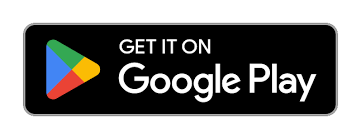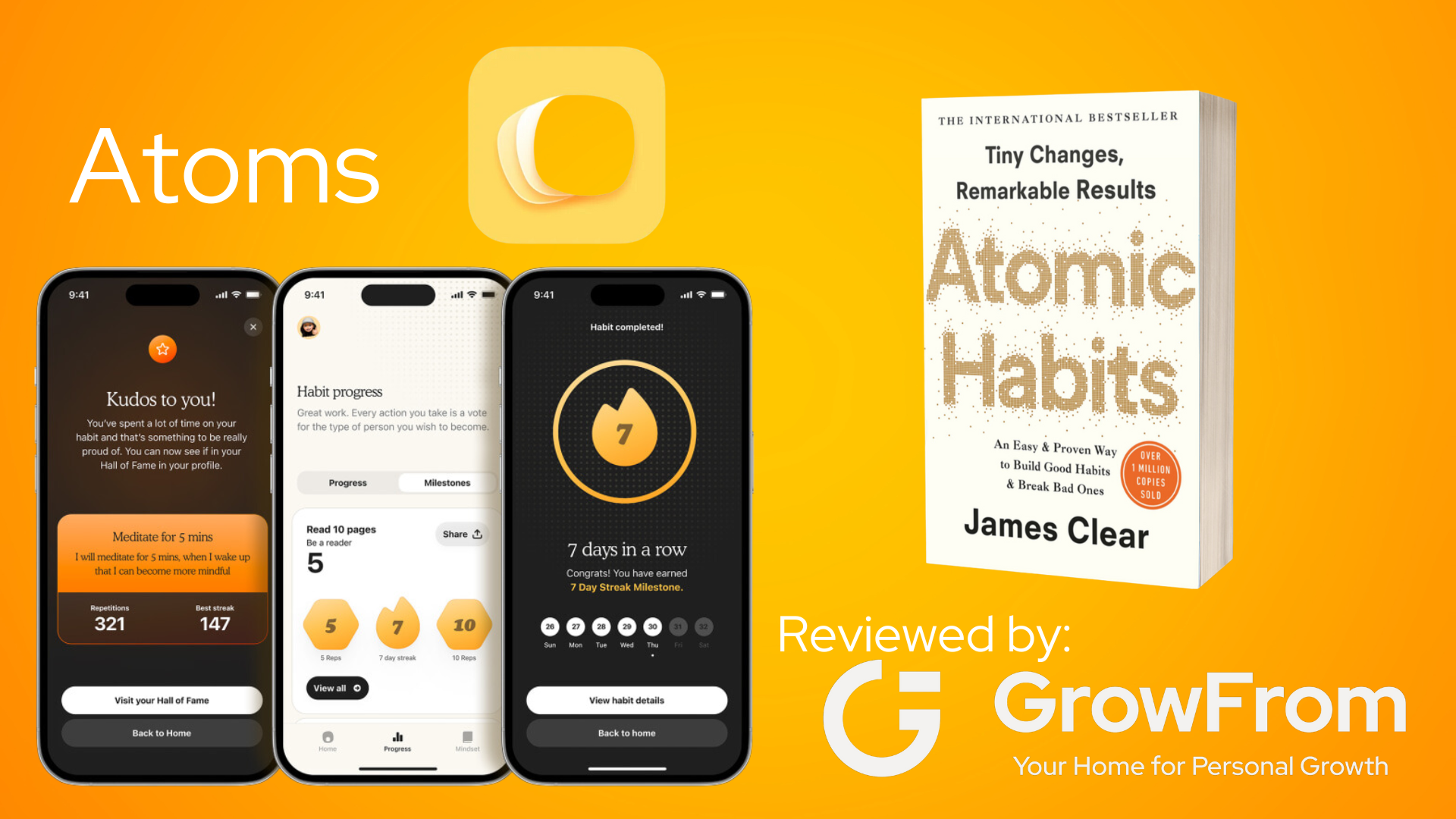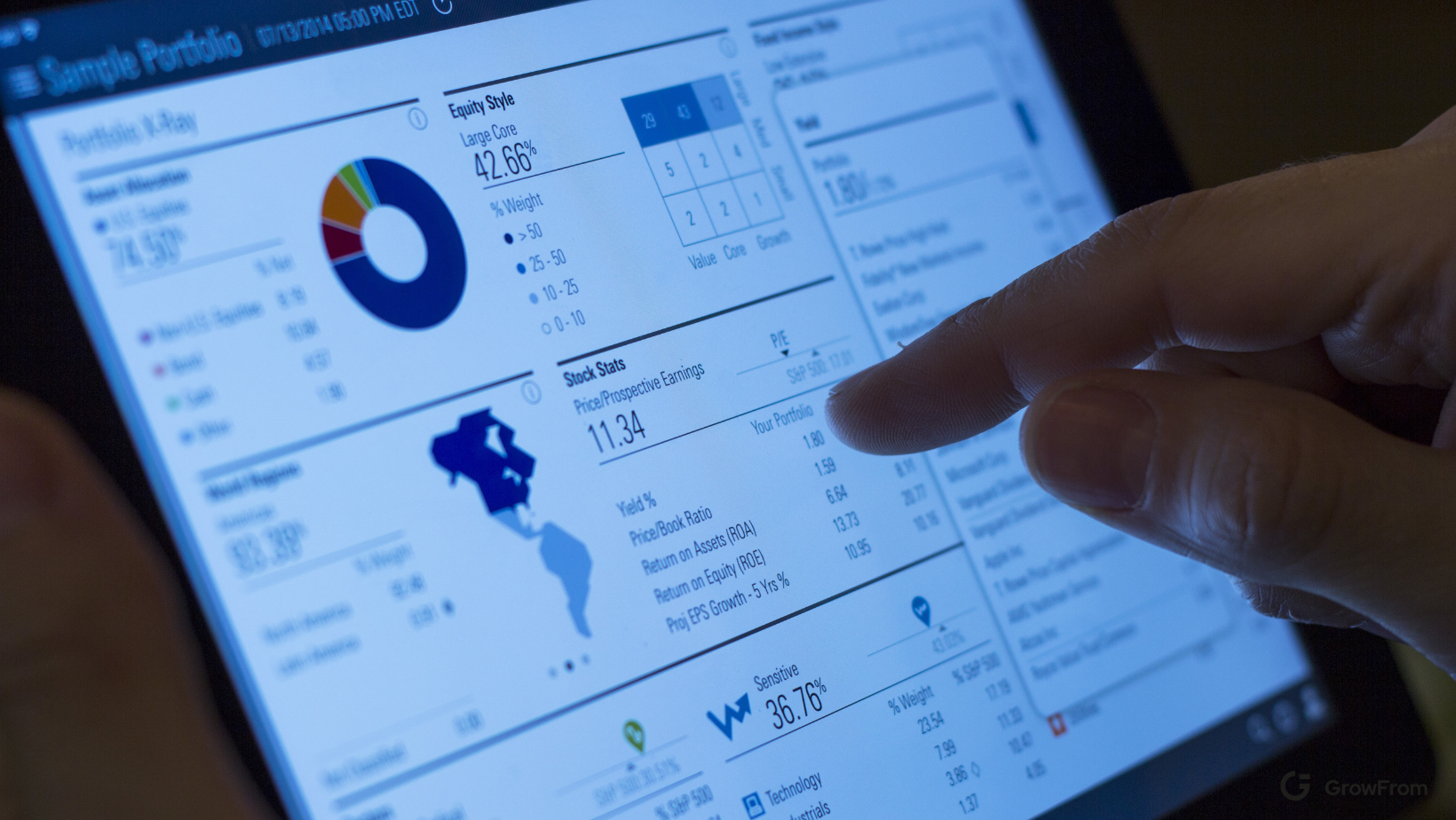Personality tests are assessments used to measure and evaluate an individual’s personality traits, behaviors, and characteristics. These tests can provide insights into one’s strengths and weaknesses, personal preferences, and patterns of behavior. Personality tests can be useful tools for personal development as they can help individuals gain a better understanding of themselves and their interactions with others. In this report, we will explore the types and uses of personality tests as they relate to personal development.
Types of Personality Tests:
There are several types of personality tests, including self-report questionnaires, projective tests, and behavioral assessments.
- Self-report questionnaires: These tests involve a series of questions that individuals answer about their behaviors, thoughts, and feelings. Self-report questionnaires are the most commonly used type of personality test as they are easy to administer and provide objective data. Some examples of self-report questionnaires include the Myers-Briggs Type Indicator (MBTI), the Big Five Personality Test, and the NEO Personality Inventory.
- Projective tests: These tests require individuals to respond to ambiguous stimuli, such as images or words. The responses are then analyzed to reveal underlying personality traits and characteristics. Projective tests are often used in clinical settings to assess individuals with mental health disorders. Examples of projective tests include the Rorschach inkblot test and the Thematic Apperception Test (TAT).
- Behavioral assessments: These tests involve observing an individual’s behavior in specific situations or contexts. Behavioral assessments are useful for measuring how an individual interacts with their environment and other people. Examples of behavioral assessments include the Minnesota Multiphasic Personality Inventory (MMPI) and the California Personality Inventory.
Uses of Personality Tests in Personal Development:
Personality tests can be useful tools for personal development in several ways. These include:
- Self-awareness: Personality tests can help individuals gain a better understanding of their strengths, weaknesses, and personal preferences. By knowing their personality traits, individuals can identify areas where they need to improve and focus on their strengths to achieve their goals.
- Career development: Personality tests can help individuals choose the right career path that aligns with their personality traits and interests. For example, the MBTI is often used in career counseling to help individuals identify careers that match their personality type.
- Team building: Personality tests can be useful in team building exercises as they can help individuals understand how their personality traits affect their interactions with others. By understanding their own and their teammates’ personality traits, individuals can communicate and collaborate more effectively.
- Personal growth: Personality tests can provide individuals with insights into their behavior patterns and help them make positive changes. For example, if an individual’s test results indicate that they have low emotional intelligence, they can focus on developing their emotional intelligence skills to improve their personal and professional relationships.
Conclusion:
In conclusion, personality tests are useful tools for personal development as they can help individuals gain a better understanding of themselves and their interactions with others. Self-report questionnaires, projective tests, and behavioral assessments are the most common types of personality tests. The uses of personality tests in personal development include self-awareness, career development, team building, and personal growth. Overall, personality tests can help individuals achieve their goals and improve their quality of life.







